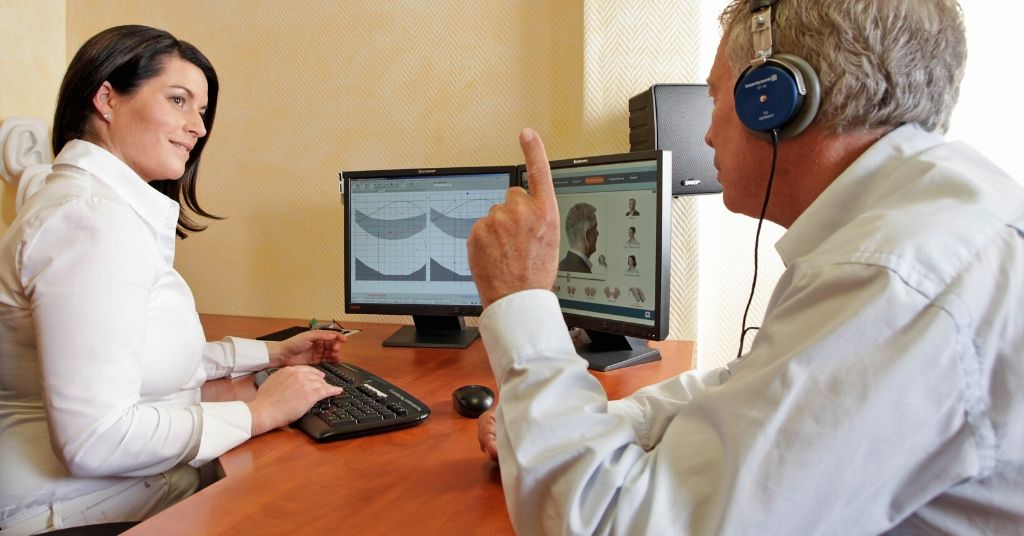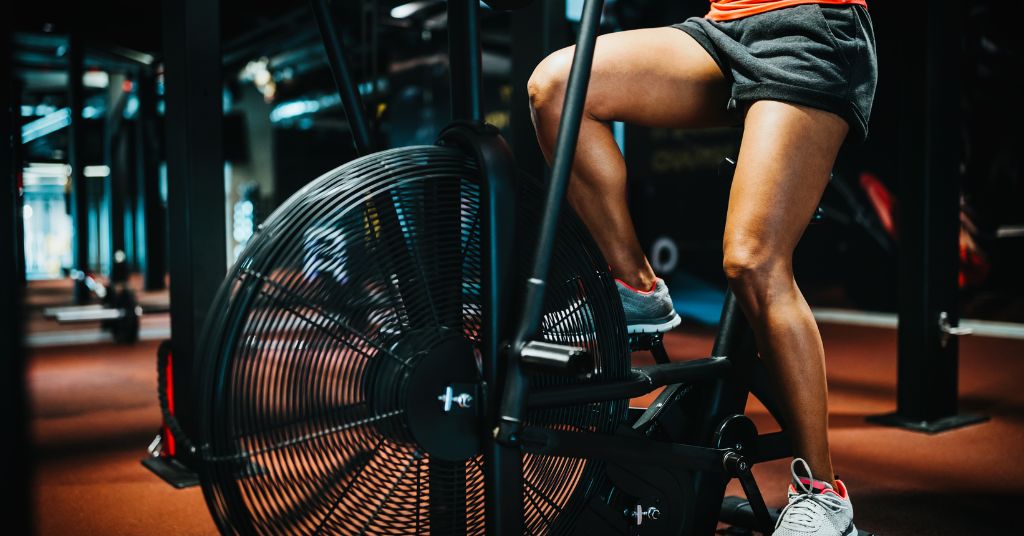
My 5 Favorite Ways to Use My Roger Pen
August 12, 2016
Why technology matters when public speaking with hearing loss
August 15, 201610 Tips to Protect your Hearing

It is possible to protect your hearing.
If this were five or 10 years ago, the list of tips to protect your hearing might be quite a bit smaller. But thanks to brain research and the experiences and testimonies of countless folks and hearing specialists, that list has expanded. And we’re all the better for it.
Here are my 10 tips to protect your hearing:
1. Take a sound check
Wherever you are, be conscious of how loud your surroundings are at all times. It often strikes me how much my awareness of sound has only become more acute with a hearing loss. Unexpected sounds can jump out at you from any place at any time. Too many of us lost our hearing – or got tinnitus – because of a sudden “bing, bang, boom” or “kaboom!” that we did not anticipate or were not able to shut down soon enough – like the greatest (and loudest) rock concert we ever attended. Consider taking a sound check before you enter or leave a building or participate in loud activities, such as cutting the lawn, weed whacking, leaf blowing, snowmobiling or motorcycling. There are many free apps for cell phones that have dB counters, which easily tell you the noise level of the environment. When you’re out walking on the street or traveling to a new city or country be aware of your surroundings and where new sounds might come from. Find out in advance about new places and the soundscape you will encounter.
2. Tweak and use your tech
Many hearing aids now have a variety of programs including a noise reduction program that you can activate when you are in a noisy environment. Phonak hearing aids have AutoSense OS, which does this automatically.
If you do not have this feature in your hearing aid ask your audiologist about it. Once you have that feature, be sure to use it when you need it and seek assistance if it is not doing the job.
3. Have ear plugs readily available
An older list might have started with this advice, but today’s ear plugs have taken a sharp jump in effectiveness and sound quality. You can even select ears plugs for specific situations: on the street, on the job, at a concert, in a restaurant, or on a public conveyance (plane, train, subway, bus). Modern ear plugs will protect your ears without filtering out all the sounds you want to hear. Do your own research and ask your friends and audiologist what might be best for your situations.
4. Be aware of what you eat and drink
It’s complicated, but the strength and consistent quality of one’s hearing over time may benefit from an attention to what and how one eats and drinks. There are now links to hearing loss from metabolic causes like diabetes and other health conditions. There is no one food or beverage or supplement that will protect against or cure hearing loss, but a healthy, supportive diet and appropriate adjustments over time may provide long term benefits. See for yourself.
5. Know your medications
First, look up the term “otoxocity”and do everything you can to avoid taking an ototoxic medication or supplement. That’s not as easy as it may sound, as many popular and effective drugs for many conditions and illnesses have shown to be ototoxic after the fact. Sometimes it comes down to a choice of being treated for something and losing your hearing temporarily or even permanently or not being treated medicinally. More and more ototoxic drugs have been identified; from important cancer treatments to simple, over-the-counter pain medications. Know your drugs and consult with your doctor before taking any medication.
6. Stay away from activities that alter the barometric pressure around you
This is an interesting item to me and something I’ve become more aware of. As a kid, I used to love to dive into anything – a pool, a lake, a breaking wave on the shore… looking back I remember how it sounded to me and how my ears felt during and after the dive, even though I didn’t know what it was. It’s called Barotrauma, and it’s not a good thing. In severe case, it can lead to an injury from the “failure to equalize the pressure of an air-containing space with that of the surrounding environment.”
The sudden barometric change in air pressure can happen in an instant from many causes, including scuba diving to amusement park rides, or standing too close to a cannon or gunshot. Even loud drumming in parades and the firing of old vintage war rifles can be a factor, as I discovered this past July 4th at an Independence Day celebration in the US.
7. Don’t strain
Exercise is never a bad idea, but some exercises can compromise your hearing if practiced with too much intensity such as Cross Fit, weight lifting and other activities you may engage in while performing these exercises.
8. Don’t stick anything in your ear
That means no fingers, cotton swabs – no nothing. Ear wax is there for a reason and if it gets to be too much or uncomfortable consult with your doctor before trying to remove it yourself.
9. Have an ENT or Otologist on speed dial
Visit a specialist when you get a sinus infection or have any cause for concern. Know what to do with a cold when you are traveling by air. Over the counter medications and antihistamines are often suggested but check them out for ototoxicity.
10. Identify other activities that may protect your hearing
The following may also help protect, support and perhaps even strengthen your hearing: aural rehabilitation, focused listening exercises, meditation, singing, and listening to music.
- Author Details



